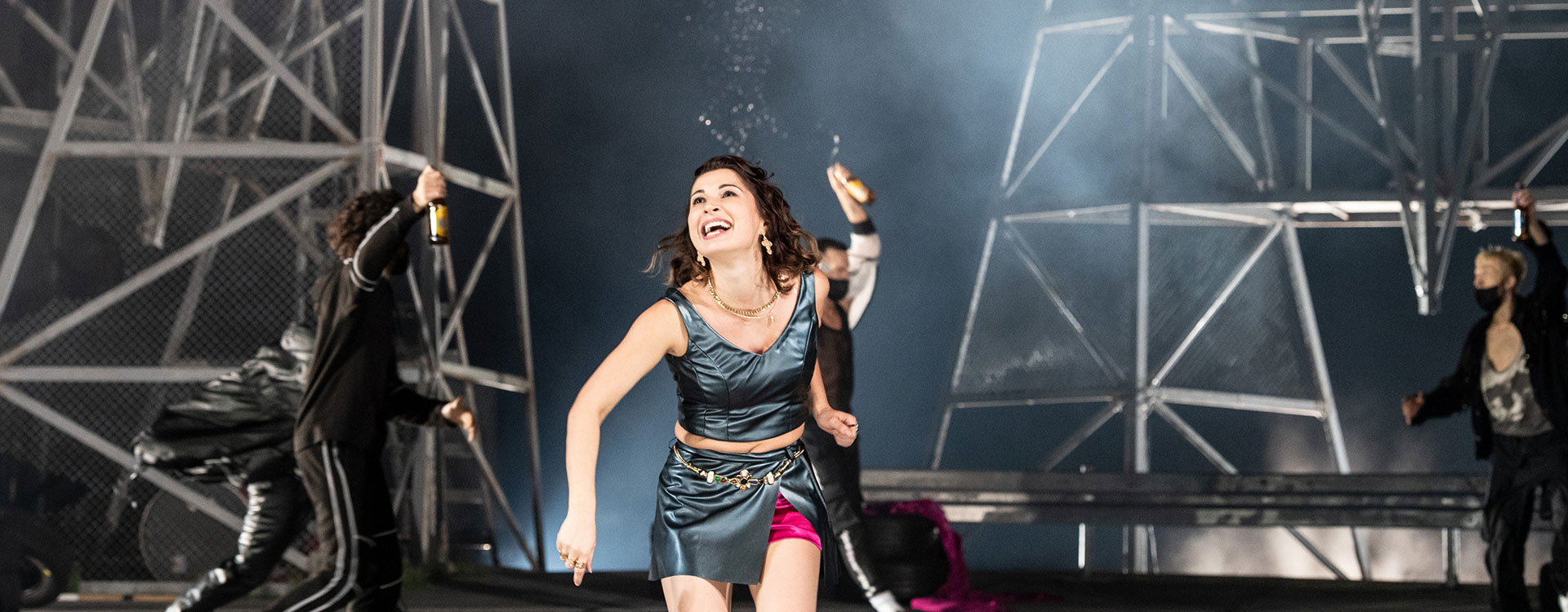
© Sarah Chen / Staatstheater Hannover
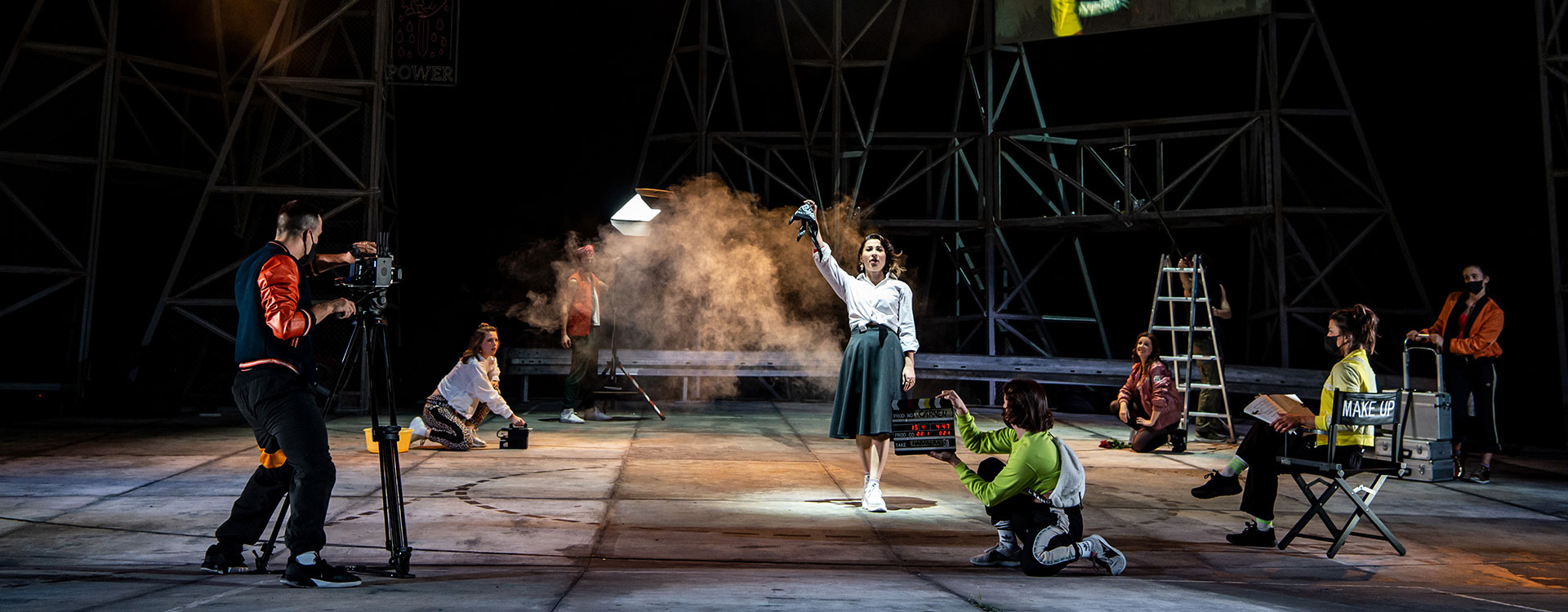
© Sarah Chen / Staatstheater Hannover
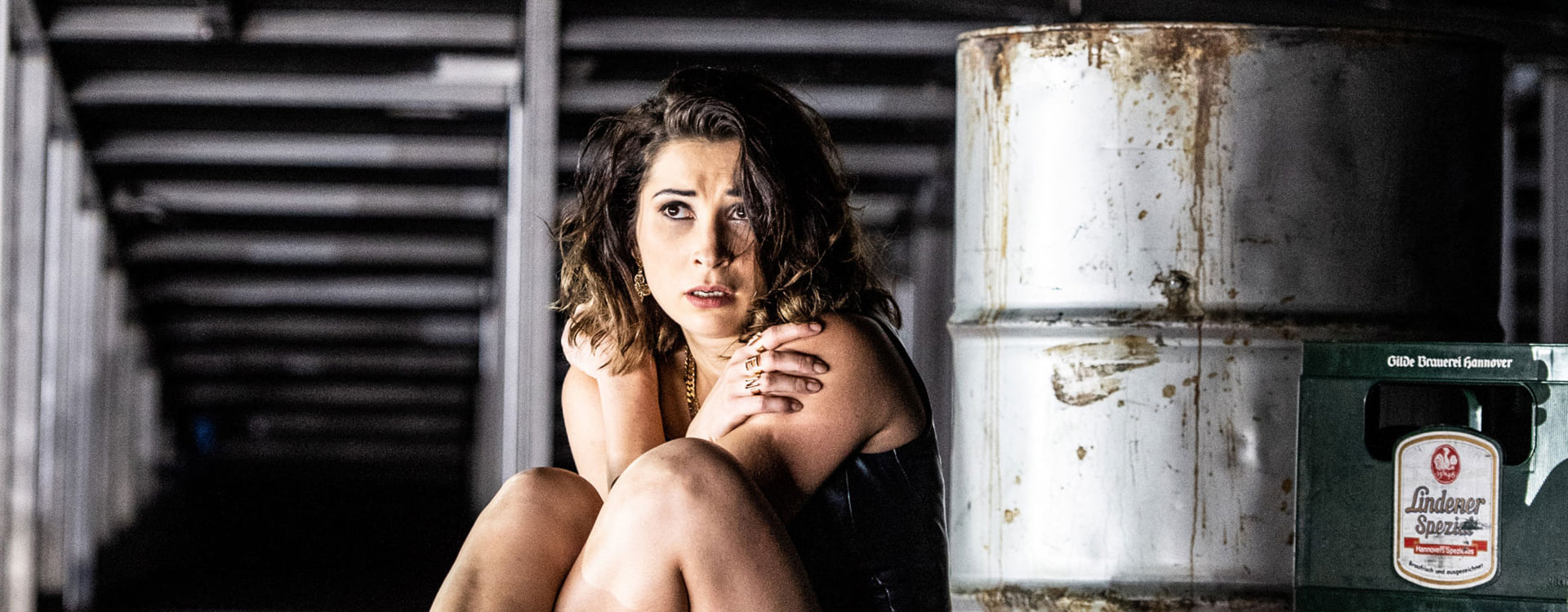
© Sarah Chen / Staatstheater Hannover
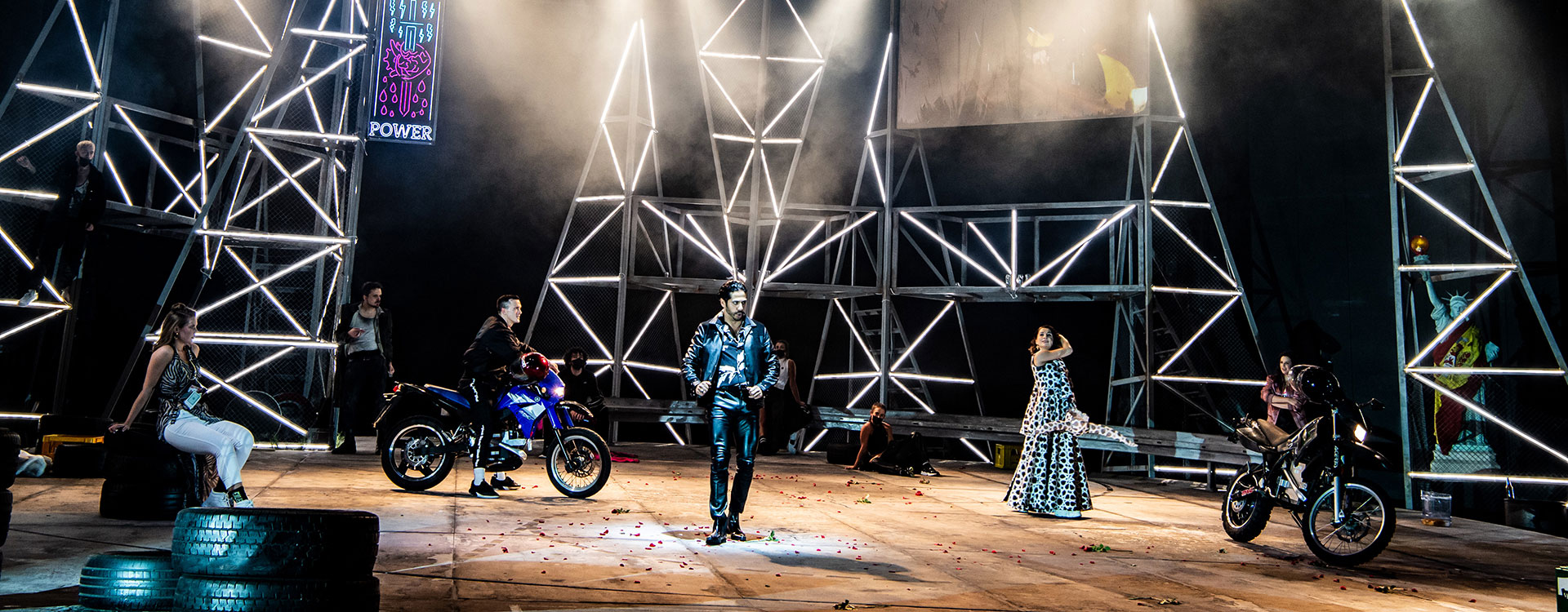
© Sarah Chen / Staatstheater Hannover
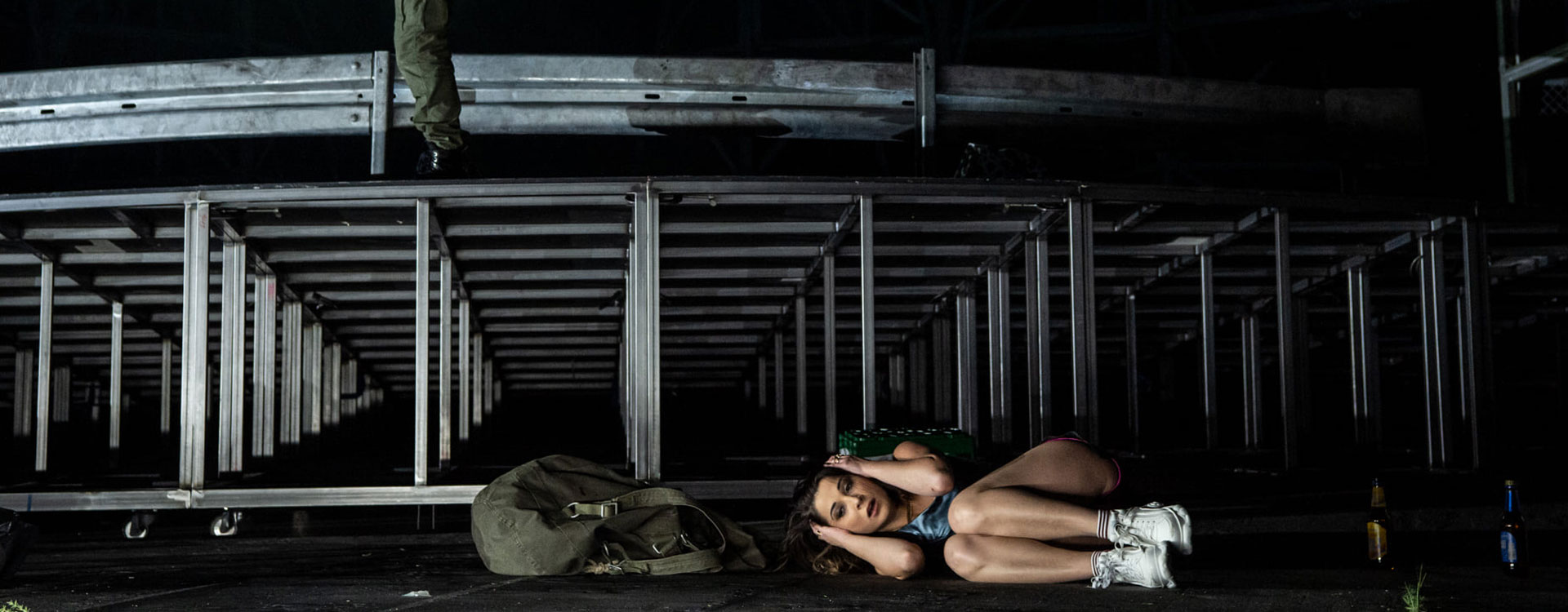
© Sarah Chen / Staatstheater Hannover
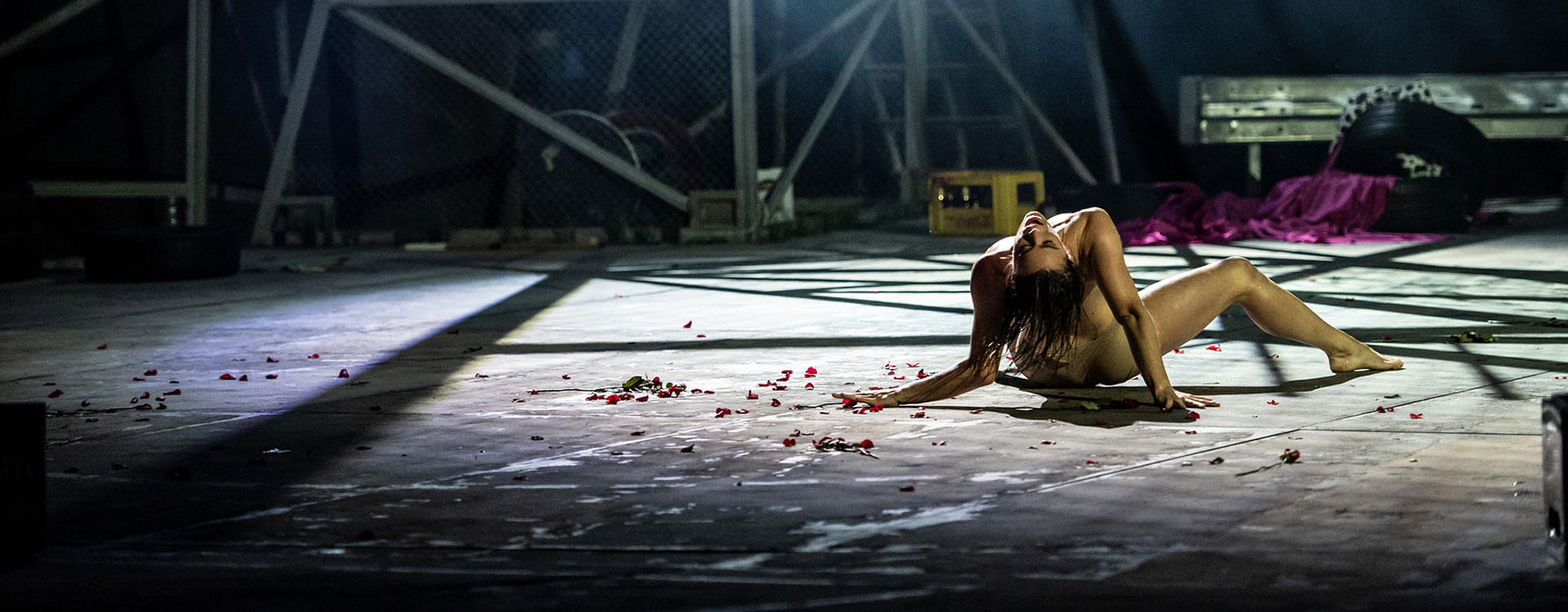
© Sarah Chen / Staatstheater Hannover
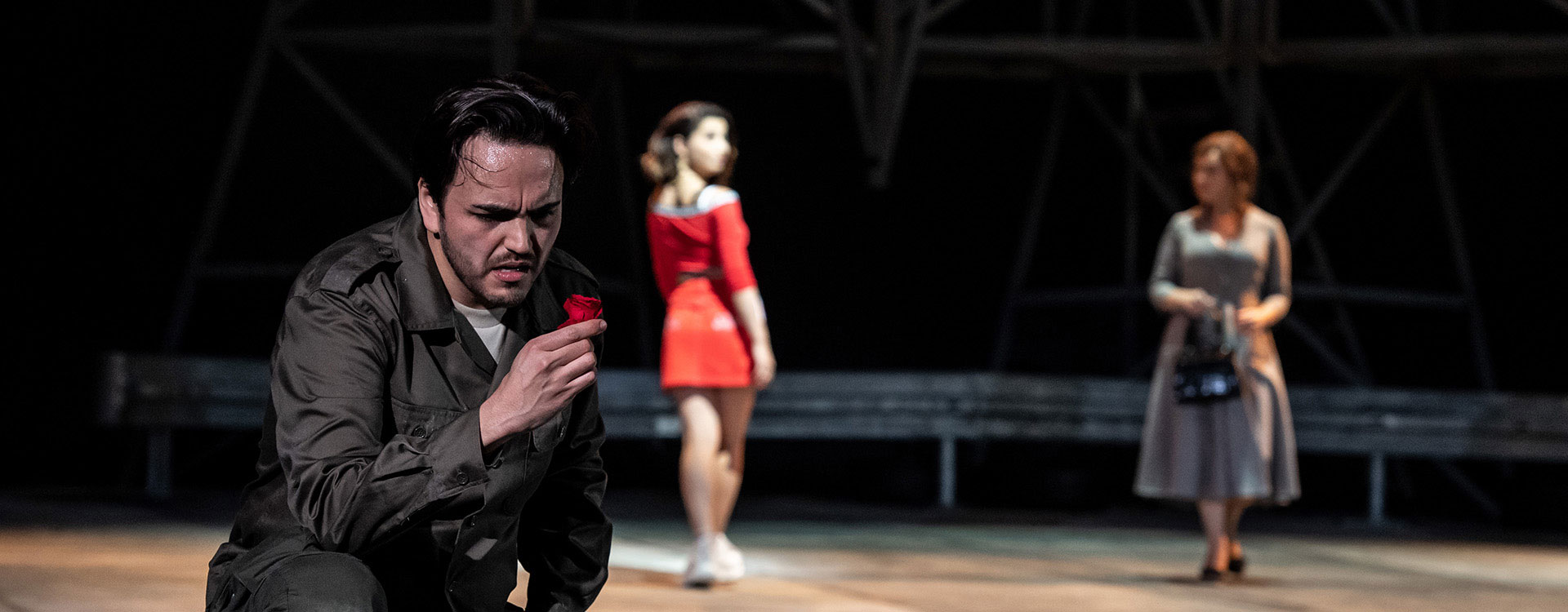
© Sarah Chen / Staatstheater Hannover
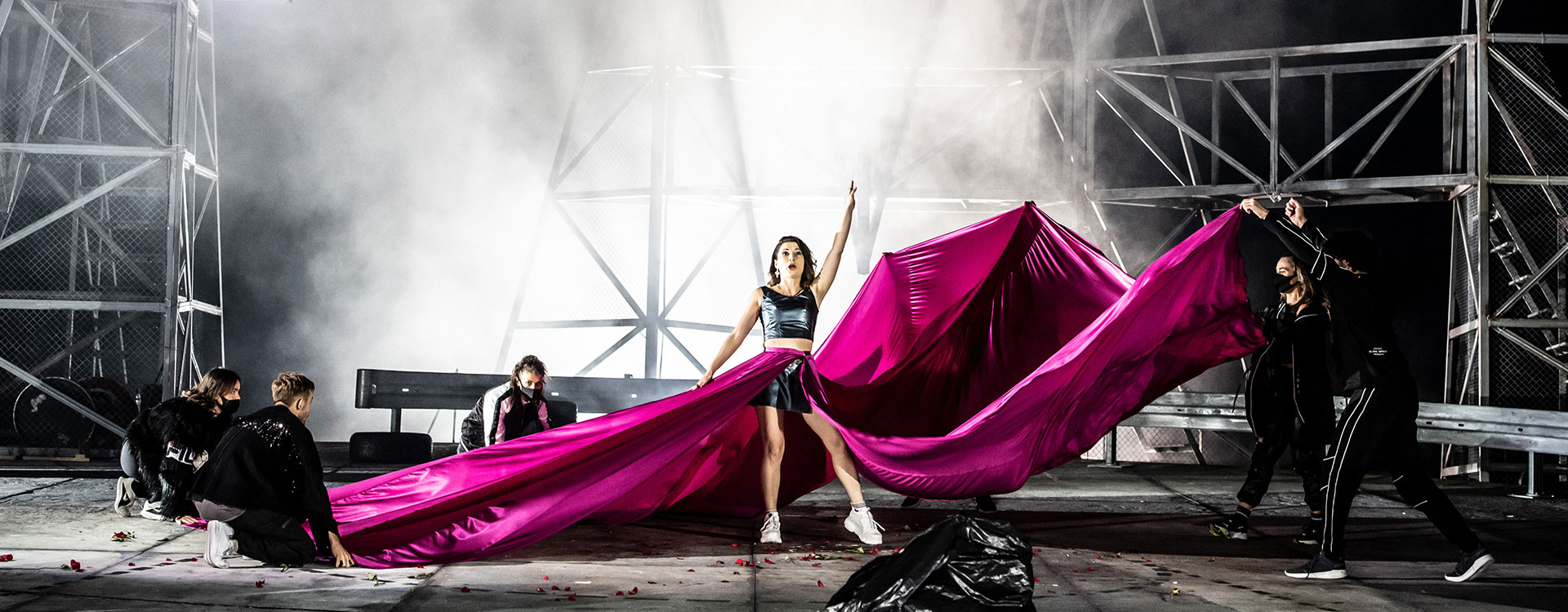
© Sarah Chen / Staatstheater Hannover
Carmen
Director: Bernhard Fleischer
Distributor: OperaVision - supported by the European Union's Creative Europe programme
Length: 132 min. | 16:9 | stereo
© 2020, a BFMI production for Staatstheater Hannover
Distributor: OperaVision - supported by the European Union's Creative Europe programme
Length: 132 min. | 16:9 | stereo
© 2020, a BFMI production for Staatstheater Hannover
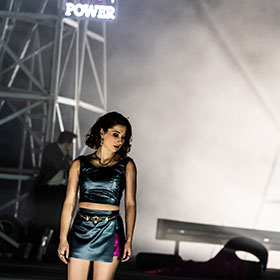
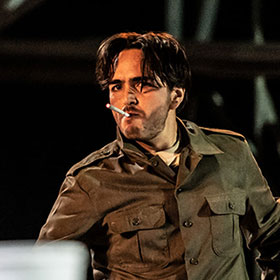
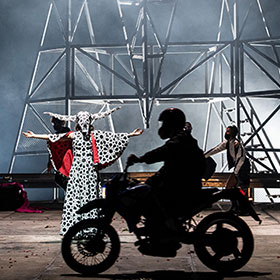
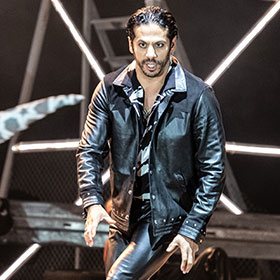
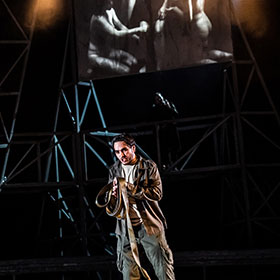
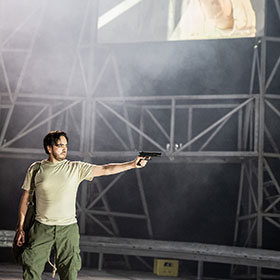
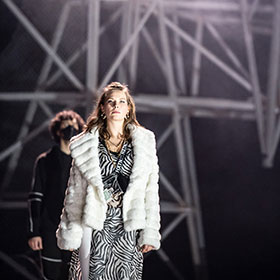
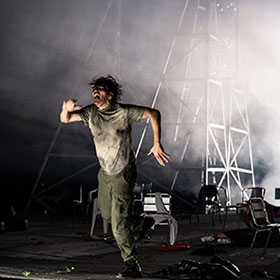
Here is a Carmen that addresses the timeless question of whether we are able to control our own desires.
With equal parts danger and desire, Carmen is an intoxicating cocktail that never fails to excite the senses. Staatsoper Hannover offers this new staging by house director Barbora Horáková in an arrangement for chamber ensemble by Marius Felix Lange. It promises to tackle head on the topicality of Carmen who challenges stereotypical role models. Staatsoper Hannover makes no compromises with questions of freedom and OperaVision salutes their courage to create sensuality on stage and to offer us all a livestream in challenging times.
Few pieces of opera literature are as stirring as Carmen. The seemingly irrepressible energy that emanates from Bizet's masterpiece comes from many sources: from the melodic richness; from the harmonic flexibility that creates constant surprises by borrowing from (seemingly) Spanish music. And last but not least, the vivid contrasts with which Carmen and Don José talk past each other and thus never really come together. But why the misunderstanding of love leads to murder is also due to fatal role models. The fascination emanating from the Carmen figure, as well as the outrage at her brutal death, are at the beginning of the success story of this most famous of all operas. The special requirements of the year 2020 in particular have made it necessary to put the Bizet original to the test: With a smaller cast, without choir and children's choir and with a reduced orchestra, the perception of the piece also changes.
Few pieces of opera literature are as stirring as Carmen. The seemingly irrepressible energy that emanates from Bizet's masterpiece comes from many sources: from the melodic richness; from the harmonic flexibility that creates constant surprises by borrowing from (seemingly) Spanish music. And last but not least, the vivid contrasts with which Carmen and Don José talk past each other and thus never really come together. But why the misunderstanding of love leads to murder is also due to fatal role models. The fascination emanating from the Carmen figure, as well as the outrage at her brutal death, are at the beginning of the success story of this most famous of all operas. The special requirements of the year 2020 in particular have made it necessary to put the Bizet original to the test: With a smaller cast, without choir and children's choir and with a reduced orchestra, the perception of the piece also changes.
Based on Bizet, a musical theatre was invented that tightens the overall dramaturgy of the play, creates transitions where otherwise there would have been gaps, and thus puts the seemingly fateful encounter of the two main characters in a new light. The play is thus modernised: not only by exposing the emancipatory core of the material, but also by intensifying the explosive nature of its message. The piece may be reduced, but it has gained in sharpness, and thus in topicality.
Marius Felix Lange set up the score for 21 musicians with additional instruments such as vibraphone, marimba, contrabassoon and tuba and composed a new introduction and transitional music. Spoken and sung texts are organically integrated into the interplay of stage and orchestra pit. In this way, an overall musical-theatrical structure is created which strengthens the urgency of the core story. This core narrative is a dazzling fantasy of two characters who speak of love and mean something very different. But it is also the story of a brutal murder of a woman and how it could come about. José's view of the events 'back then in Seville' is coloured by nostalgia - and at the same time drenched in chauvinism, which ascribes to men an almost self-evident right to women. This is contrasted by Carmen's direct experience, who seems to have made her own pact with freedom. What does she mean when she says "freedom", what longings and fears are going through her mind?
George Bizet
Text by Henri Meilhac and Ludovic Helévy Evgenia Asanova, Carmen
Rodrigo Porras Garulo, Don José
Barno Ismatullaeva, Micaëla
Germán Olvera, Escammillo
Mercedes Arcuri, Frasquita
Nina van Essen, Mercédès
Yannick Spanier, Zuniga Dancers:
Eleanor Freeman, Alice Gaspari, Chiara Viscido, Tommaso Buciero, Patrick Michael Doe, Dominic McAinsh Niedersächsisches Staatsorchester Hannover
Stephan Zilias, conductor
James Rosental, choreography Barbara Horáková, stage director
Thilo Ullrich, set design
Eva-Maria Van Acker, costume design
Sascha Zauner, lighting design
Sergio Verde, video design
Maria Anufriev, sound design
Martin Mutschler, dramaturge
Text by Henri Meilhac and Ludovic Helévy Evgenia Asanova, Carmen
Rodrigo Porras Garulo, Don José
Barno Ismatullaeva, Micaëla
Germán Olvera, Escammillo
Mercedes Arcuri, Frasquita
Nina van Essen, Mercédès
Yannick Spanier, Zuniga Dancers:
Eleanor Freeman, Alice Gaspari, Chiara Viscido, Tommaso Buciero, Patrick Michael Doe, Dominic McAinsh Niedersächsisches Staatsorchester Hannover
Stephan Zilias, conductor
James Rosental, choreography Barbara Horáková, stage director
Thilo Ullrich, set design
Eva-Maria Van Acker, costume design
Sascha Zauner, lighting design
Sergio Verde, video design
Maria Anufriev, sound design
Martin Mutschler, dramaturge